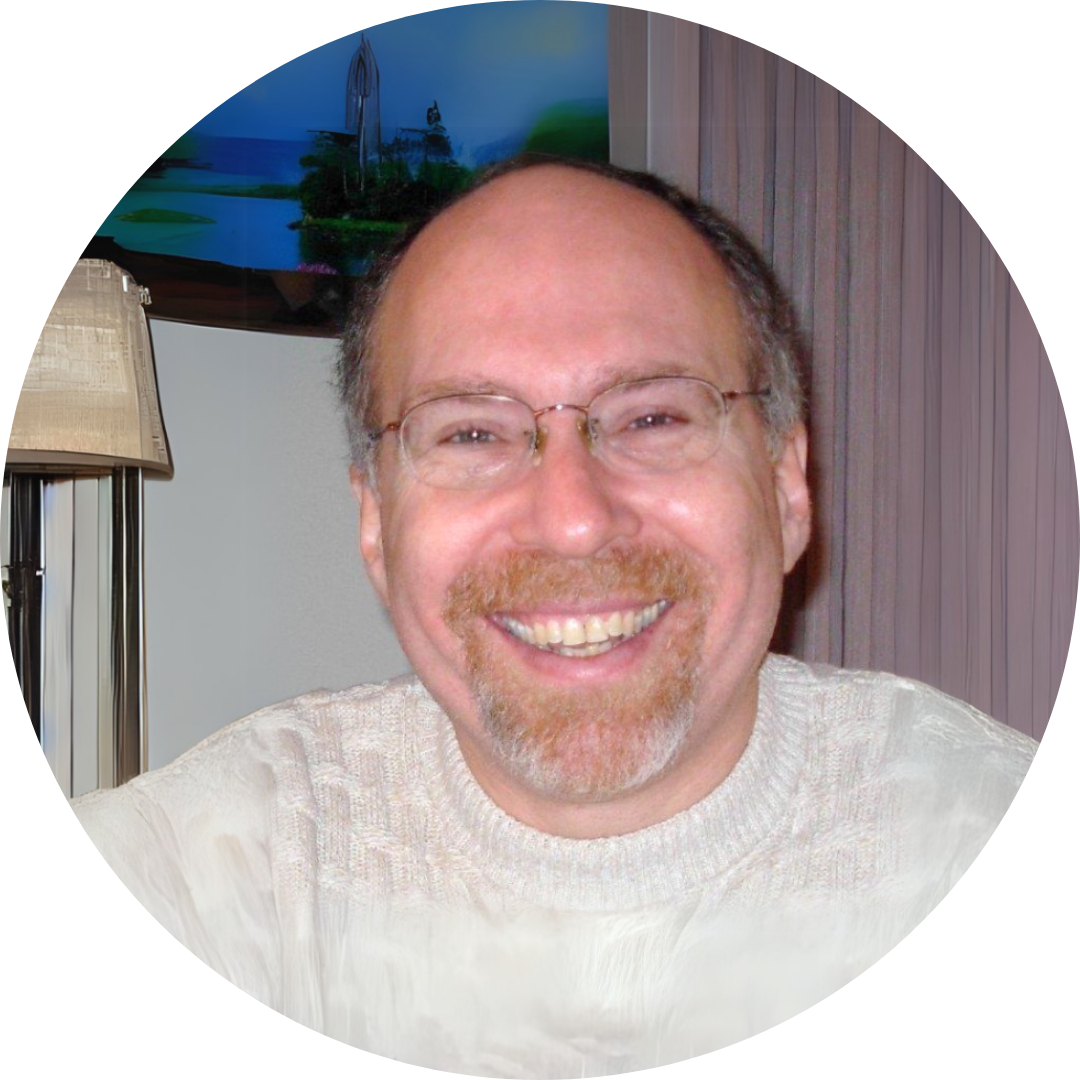“Building a covenantal community means that we articulate our values and our commitments — across generations and across differences. We talk together to articulate norms that translate them into day-to-day living. We pledge to continuously build up the skills and the structures to nurture relationships. Guided by Jewish values and the needs and aspirations of other members of our community, we consider where and when to submerge our individual aspirations on behalf of something bigger than ourselves. … It’s really hard to do in times of conflict. And that is the power behind the concept of covenant.”
— Rabbi Deborah Waxman, ‘Covenantal Community’ and Classical Reconstructionism, Dec 9, 2029, Evolve.
A rallying cry for these times of societal upheaval has often been, “We were made for these times.” I have come to also experience that these times, in fact, are remaking us. In the storm of confusion and moral defiance, the question of who we are individually and communally now expands to the question of what it means to be and evolve as an inclusive, worldwide Jewish people with our religious, multicultural, multi-racial and multi-vocal heritage in our world today.
We must be familiar with our own stories if we’re going to honor them—to be aware of them and move beyond them when they blind and constrain us. This is especially true if we are to live as mindfully in the present, and not in the grips of “pediatric religion” and life experience, frozen in a past formulation or understanding that limits our individual, communal and human consciousness, understanding and action.
Rabbi Mordecai Kaplan’s purpose in developing the first significant use of the Jewish Peoplehood idea, building on emerging concepts in the early 20th century, was to create a vision broad enough to include everyone who identified as a Jew or had interest in the flourishing of Jewish life, inclusive of individual approaches to that identity and religious practice. It is these themes that I find expressed in Rabbi Waxman’s description of covenantal community in our time, how the Sinai moment continues to resonate and guide us today.
The concern is with common elements and frameworks that enable people to connect with one another spiritually, emotionally, intellectually and socially.
We are ultimately called into moral and ethical action, not only into empathy and understanding. We are living at a time so many of us understand is a historical, future-directing moment of choices and changes. It is a moment of tectonic shift in the ever-evolving expression and experience of Jewish life. Identities, definitions and expressions of spiritual, secular, cultural and activist life are unfolding in hyper-acceleration, being redefined, breaking through and breaking apart in our own and our communal lives.
It is a moment that calls us to bring our anxiety and determination, hopes and fears to explore and be an active, compassionate and committed participant in a shared faith community. Where does this take us in the fiery cauldron of religious, geopolitical and climate-scorching time?
Drawing from some of the writings in A Framework for the Strategic Thinking about Jewish Peoplehood by Kopelowitz, E. and Engelberg A., Platforma (Jerusalem, 2007, pp. 4-10), I offer some of the needed characteristics and commitments that I have seen core and crucial to a healthy covenantal community:
- A multidimensional experience of Jewish belonging. The concept of Jewish community assumes an understanding of belonging that is multidimensional and includes Jews and those who identify with other faith identities within and between individual members.
- Strong ideological frameworks that overemphasize one dimension of the larger Jewish experience are not an acceptable starting point for understanding how individuals connect to and claim commitment to Jewish community and peoplehood.
- Those concerned with the deepening and growth of community honor and support, yet do not only focus on the identity definitions of individuals, but rather on the nature of connections between members of all backgrounds, identities and ages. The concern is with common elements and frameworks that enable people to connect with one another spiritually, emotionally, intellectually and socially.
- Peoplehood as a common destiny and an obligation.
- Peoplehood as a shared mission with an emphasis on tikkun olam
- Peoplehood as a shared connection and mutual responsibility and care (tikkun hanefesh/gemilut hasadim)
The idea of being a Jewish religious civilization composed of a multitude of covenantal communities across multiple cultures, practices and evolving expressions is both easier and more difficult than we imagine. We embrace the luminous heart of our tradition — with its immanent and transcendent expressions of the great Mystery and Source of Life, built on love and justice for our fellow human beings, ourselves and this precious planet. A true covenantal community will also not turn away from grappling with hard realities, such as the bigger picture of the founding and current impact of the modern State of Israel in the Middle East on Israelis, Palestinians and world Jewry; the struggles of preserving democracy in its resilience and fragility here in America; the future sustainability of the earth itself; and the role our communities play in this matrix of issues. The litmus test will be looking at our capacity for companioning each other as we link hearts, minds and hands in the multidimensional communal covenant of Jewish belonging, belief, behavior and ever becoming.








One Response
Thank you for this thoughtful and much-needed reflection. I do not identify as Jewish, yet my heart resonates with the values of Reconstructionist Judaism! I’m proud to connect with this multidimensional community.